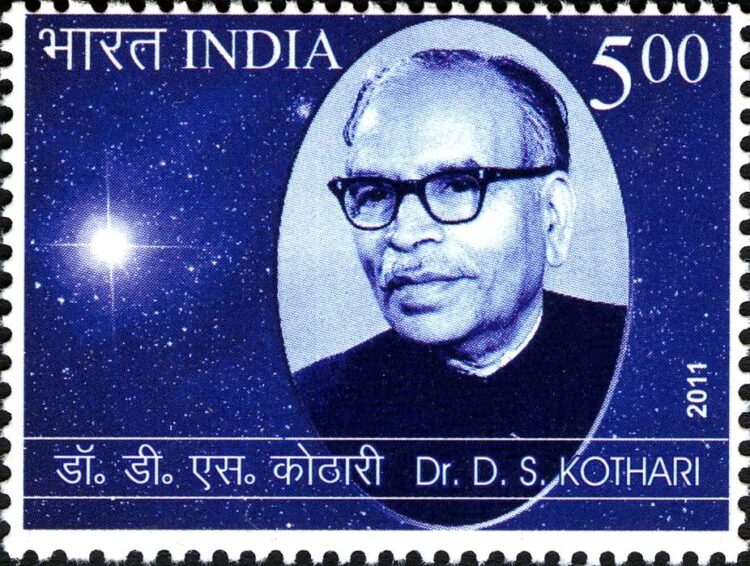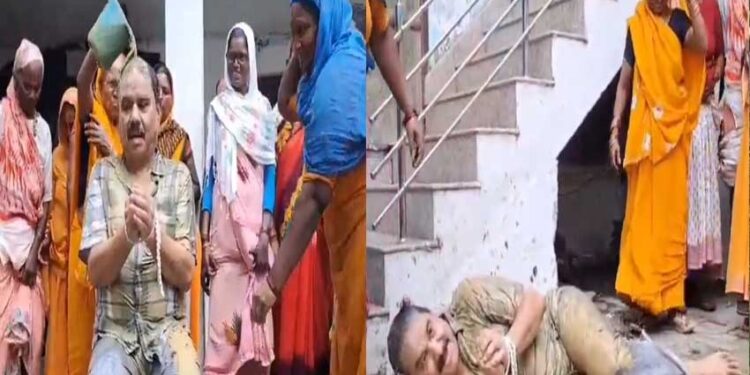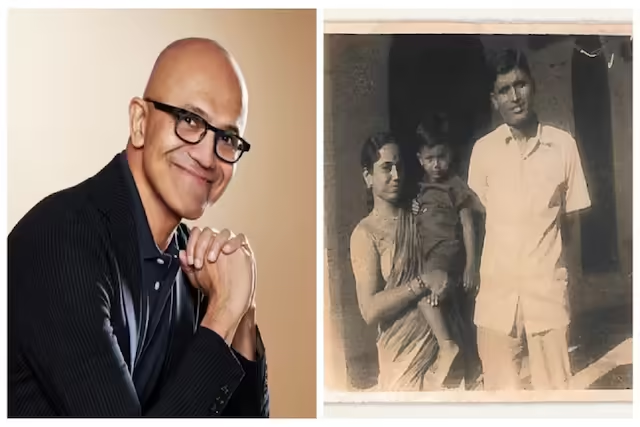Science News Desk !! Daulat Singh Kothari (English: Daulat Singh Kothari, born- July 6, 1906; Death- 4 February 1993) was a famous scientist of India. Those who were involved in the science policy of the first Prime Minister of India Jawaharlal Nehru were Daulat Singh Kothari, Homi Bhabha, Meghnath Saha and CV Raman. Dr. Kothari was also a scientific advisor to the Defense Minister. In 1961, he was appointed as the chairman of the ‘University Grants Commission’, where he stayed for ten years. In 1964, he was made the chairman of the ‘National Education Commission’. He was awarded the Padma Bhushan in 1962 and then in 1973 for his contribution in the field of administrative service.
Introduction
Daulat Singh Kothari was born in a very poor family in Udaipur, Rajasthan. He read further from the scholarship of Maharana of Mewar. In 1940, at the age of 34, he was appointed to the post of Professor at Delhi University. Was a student of Meghnad Saha, a well-known physicist at Allahabad University. Ph.D. from Cambridge University with Lord Rutherford Completed
Those who were involved in the science policy of the first Prime Minister of India Jawaharlal Nehru, Dr. Kothari, Homi Bhabha, Dr. Meghnath Saha and C.V. Raman was. Dr. Kothari was also a scientific advisor to the Defense Minister. In 1961, he was appointed as the chairman of the ‘University Grants Commission’, where he stayed for ten years. Daulat Singh Kothari gave U.G.C. In his tenure, he played a special role in the capacity, reputation of teachers, to the central university and high quality study centers.
Chairman of University Grants Commission
In 1961, Daulat Singh Kothari was appointed as the chairman of the ‘University Grants Commission’ where he stayed for ten years. Dr. Kothari gave U.G.C. In his tenure, he played a special role in the capacity, reputation of teachers, to the central university and high quality study centers. He was also constantly interested in schooling. That is why he was made the chairman of the ‘National Education Commission’ (1964–1966). Probably the most important documents on education in independent India, whose two things have been very popular. First- ‘Equal school system’ and second- ‘The education of the country should be given in its languages up to postgraduate level’.
scientific adviser
He held the post of scientific advisor from 1948 to 1961. From 1961 to 1972 he was the chairman of UGC. In 1981, he was the Chancellor of Jawaharlal University. Throughout his life, he continued to take care of the posts. Dr. Kothari was a well -known astrophysist. He did a lot of research work on statistics themes and white. He showed that atoms can be ignored only by pressure. Daulat Singh Kothari wrote a book related to nuclear visto and his effects. This book was published in many languages. He also printed many scientific papers. Daulat Singh Kothari was also the Wise President and President of ‘Indian National Science Academy’.
Prize and honor
In 1962, he was awarded the Padma Bhushan.
In 1966, he was also awarded the Shantiswar Bhatnagar Award.
In 1973, he was awarded the Padma Vibhushan.
In 1978, he received the Meghnath Saha Award.
Death
Daulat Singh Kothari lived in high positions and died in 1983. In 2011, a stamp paper named his name was also taken out in his honor. He was very fond of giving scientific speech. His speeches were in a very simple language. Daulat Singh Kothari was a well -known physicist of his time. The University of Delhi also has a boys hostel in his name and a research institute was set up at Dilli University in his name.
Dr. Daulat Singh Kothari is unique as scientists, educationists, patron of Indian languages and spiritual thinkers. Nevertheless, the contribution of Dr. Kothari is yet to be evaluated. Education Commission (1964-1966), Kothari Committee, Defense Experts and University Commission and Academic fields constituted for civil service examinations. The contribution of Daulat Singh Kothari was not recognized in the form he deserves. In the form of the creation of independent India, which includes science policy, defense policy and especially education policy, Prof. Kothari has an unmatched contribution.






